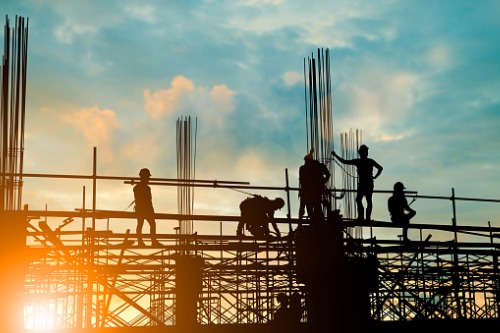Nearly 90% of Canada’s new office space is situated in its most important cities

Relative to the sizes of their respective markets, new office building construction in Canada is at a pace nearly twice that in the United States, according to a recent report by Colliers International.
At present, Canadian developers are building approximately 20.7 million square feet (msf) of new office space nationwide, with around 89% of the new supply in major centres like Montreal, Toronto, and Vancouver.
To compare, the significantly larger U.S. market is seeing a little under 126 msf of new office developments, but only 79% of the space is situated in American cities hosting more than 2.4 million residents.
Canada owes much of its dynamism to strong growth in office jobs, driven by sustained interest among international companies.
“The amount of pre-leasing that has been going on is a bit of a who’s who of international tech firms,” Colliers director of market intelligence Craig Hennigar told Postmedia.
This level of demand “is really helping to create a sense of scarcity for space and Canadian developers have responded in kind with quite a large amount of new construction,” Hennigar added.
As of the end of last year, Canada’s overall vacancy stood at 9.2%, while the U.S. rate was hovering at around 12%.
Office vacancy rates in Canada’s hottest markets have been predicted to more than double in less than half a decade.
According to a study by CoStar Group Inc. released earlier this year, vacancies in downtown Toronto’s offices will rise to about 6% by the end of 2023, from a historic low of 2.9% in Q2 2018. Vancouver is also predicted to reach 6% in four years, from a record 2% during the first half of this year.
“A lot of the existing landlords that are going to be suffering with higher vacancy in their existing stock,” CoStar director of market analytics (Canada) Roelof van Dijk told Bloomberg at the time. “They’re the ones that are building.”



